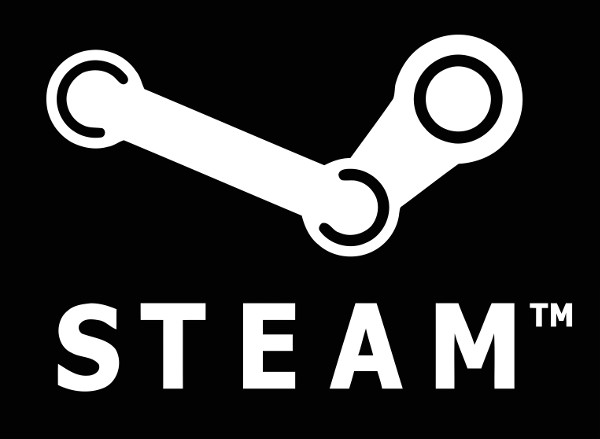You're talking about sample size here.
It's clear that you think 'The steam hardware survey' has the larger sample size. The problem with your idea is that there isn't any hard evidence for this. If you ever followed the GamingOnLinux website, you would know that this survey is frequently discussed here and its reliability is questioned by many/most users. Mainly because most people seem to have never received this survey.
Here is the Steam Hardware survey for January 2015, starting the year with not many changes as expected.

www.gamingonlinux.com
As always, remember this is a survey, so it won't ask every single one of you to do it. It would only be truly accurate if it did it behind the scenes, but that's not what a survey is for this is just to get a general idea.
The steam hardware survey bias against linux
I am using linux since more than 2 years, with steam open nearly every day. I didn't get the survey once. Now I set up a windows VM with GPU passthrough and all the nice stuff, and after a few weeks of opening steam there, it asks me for a hardware survey on windows. What the fuck steam?
You forget that the Steam Hardware Survey is too selective to give an overall picture. Not every gamer uses Steam, and this is probably more the case with Linux gamers than with other types of gamers. You have the Linux gamers who always stay with GOG. Some only use Lutris without ever using steam. Some use wine + dxvk without ever using steam.
The GamingOnLinux users is a more 'general' sample that does not have this particular bias. They don't have to use steam per se..
The three different sources (GOL, steam hardware survey, ProtonDB) all confirm that Ubuntu is no longer the most popular Linux distro in their statistics.
"SteamOS Holo" 64 bit 24.98%
Ubuntu 22.04.1 LTS 64 bit 12.27%
"Arch Linux" 64 bit 9.12%
"Manjaro Linux" 64 bit 6.92%
Freedesktop.org SDK 22.08 (Flatpak runtime) 64 bit 5.71%
Other 40.99%
SteamOS Holo and Manjaro are derivatives of Arch Linux. If we want to calculate the percentage of Arch-based distros, we see the following:
Arch-based distros:
41.02%
Ubuntu 22.04.1 LTS:
12.27%
You also have EndeavourOS and a number of other distro's based on Arch. You have Fedora and Nobara Project that are gaining popularity.Those are not listed. And of course you also have other Ubuntu versions and derivatives of Ubuntu that are not specifically mentioned. You wouldn't be a useful statistician. The survey you always defend as the 'most valuable' is in reality a very incomplete statistic that says almost nothing at all.
I have no problem with you using Ubuntu or anything else. I think that's the advantage of Linux that everyone can choose what they prefer in many more areas. But I started on Linux sometime in 2008 and then used Ubuntu for years, and for the last few years I've still tried to use Ubuntu on my netbook and laptops, but I've now gotten to the point where it's no longer on
any system .
I would recommend people who have medium or high quality requirements to leave Ubuntu for what it is and give the following systems a chance:
Nobara Project, Void Linux, Mint, EndeavourOS, MX Linux, NetBSD, Devuan, FreeBSD and Clear Linux






 joking! , quite frankly except for a very small number of games pretty much all my games works good in Linux using Wine , Playonlinux , Steam/Proton , Lutris , etc...
joking! , quite frankly except for a very small number of games pretty much all my games works good in Linux using Wine , Playonlinux , Steam/Proton , Lutris , etc...